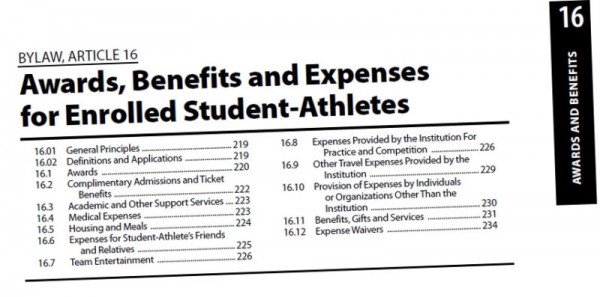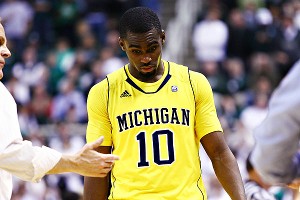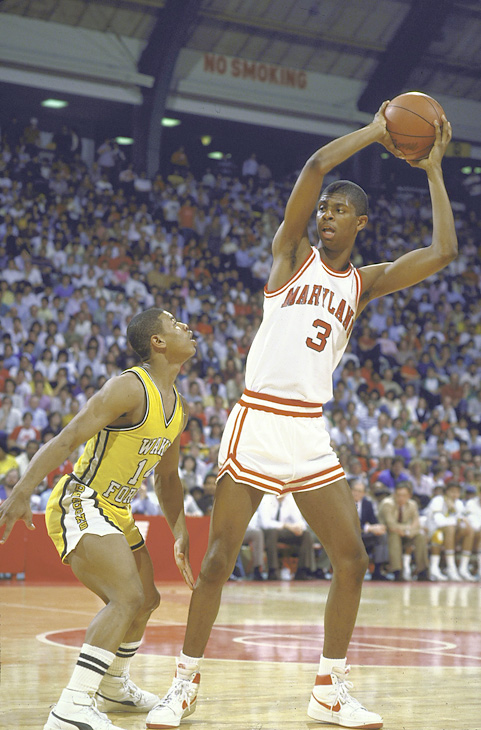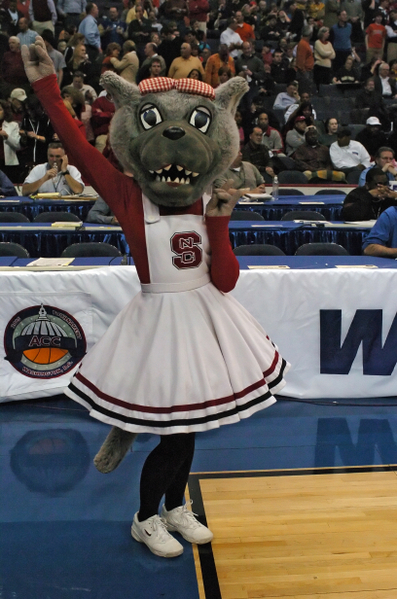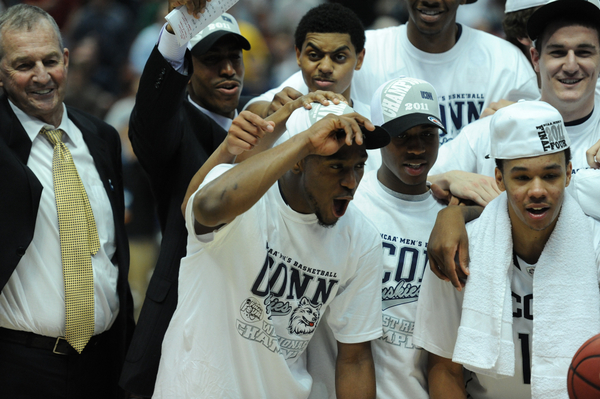Big Ten Game On: 02.25.12 Edition
Posted by Ryan Terpstra on February 25th, 2012Six games this weekend in the Big Ten, and tonight features two of the conference leaders. Let’s get to it.
Purdue @ #11 Michigan, 6 PM, BTN
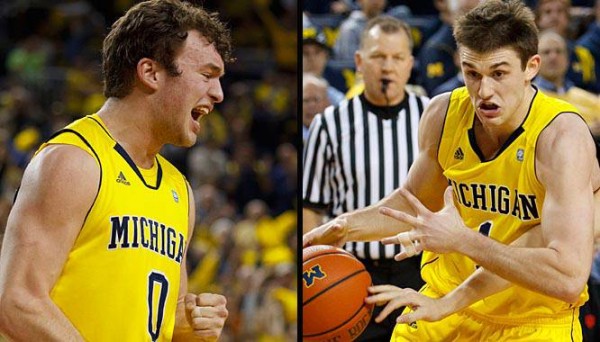
Michigan's Senior Night against Purdue will be a big game for Zach Novak and Stu Douglass (US Presswire)
- The Boilermakers need a win over a ranked opponent really bad. Like, really, REALLY bad. That’s because Purdue is 1-5 against teams in the RPI Top 25 and 4-7 against the Top 50. A win would obviously help those stats out, and possibly put an end to the bubble talk surrounding the Boilermakers’ chances for an invite to the NCAA Tournament. Robbie Hummel is doing his part, shooting 50% from the field and averaging 24.8 PPG over his last four contests. He also dropped a stat line of 16 points, five boards, and six assists the last time these two teams met, and will be expected to lead again. Matt Painter will have to devise a plan to slow down the smoking-hot Wolverines, who have won five of their last six and have yet to lose at home this season. It will be an emotional Senior Night in Ann Arbor, as fan favorites Zach Novak and Stu Douglass will be honored. Douglass hasn’t missed a game in his Michigan career, while Novak was named the program’s first Academic All-American since 1984.





























